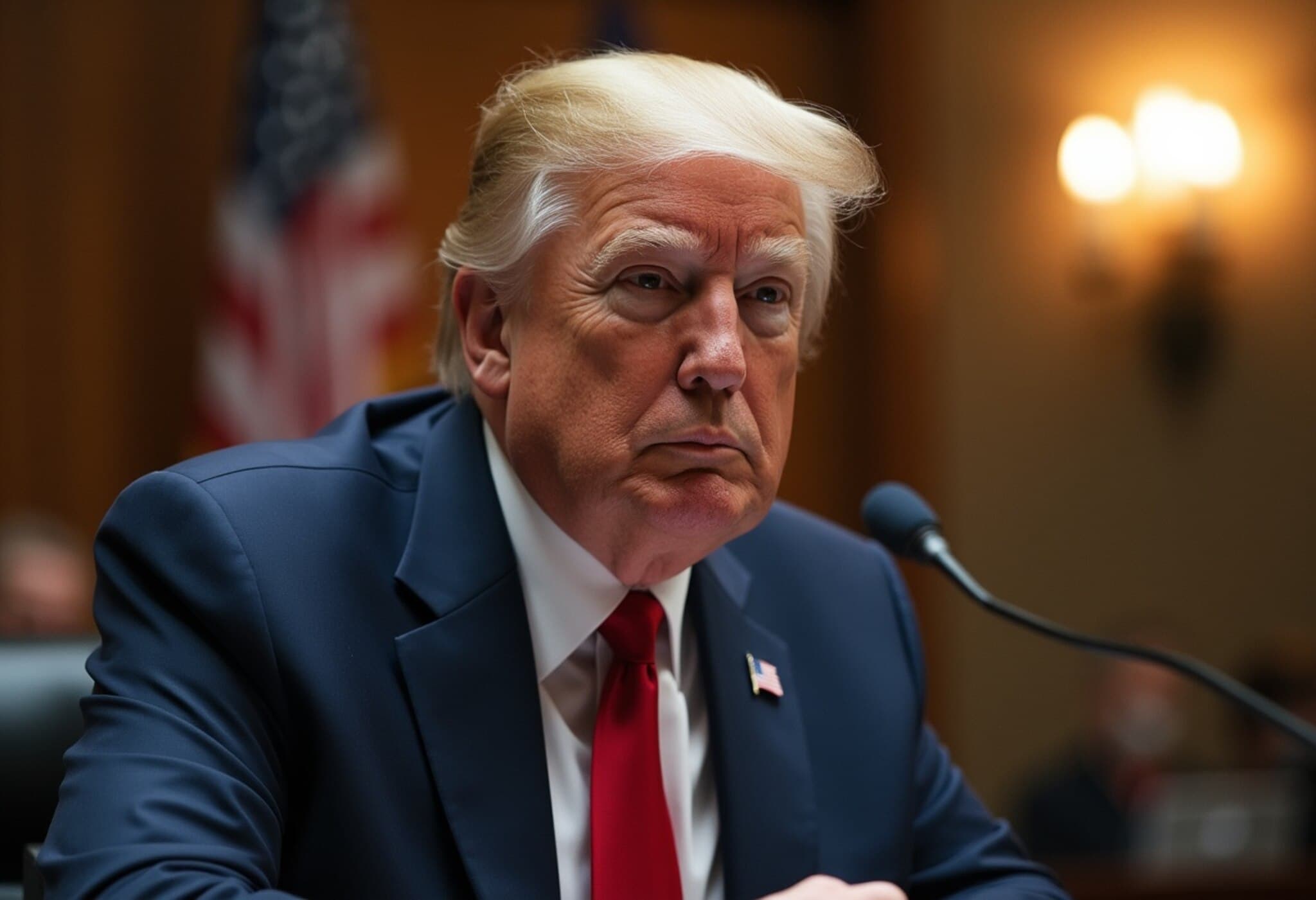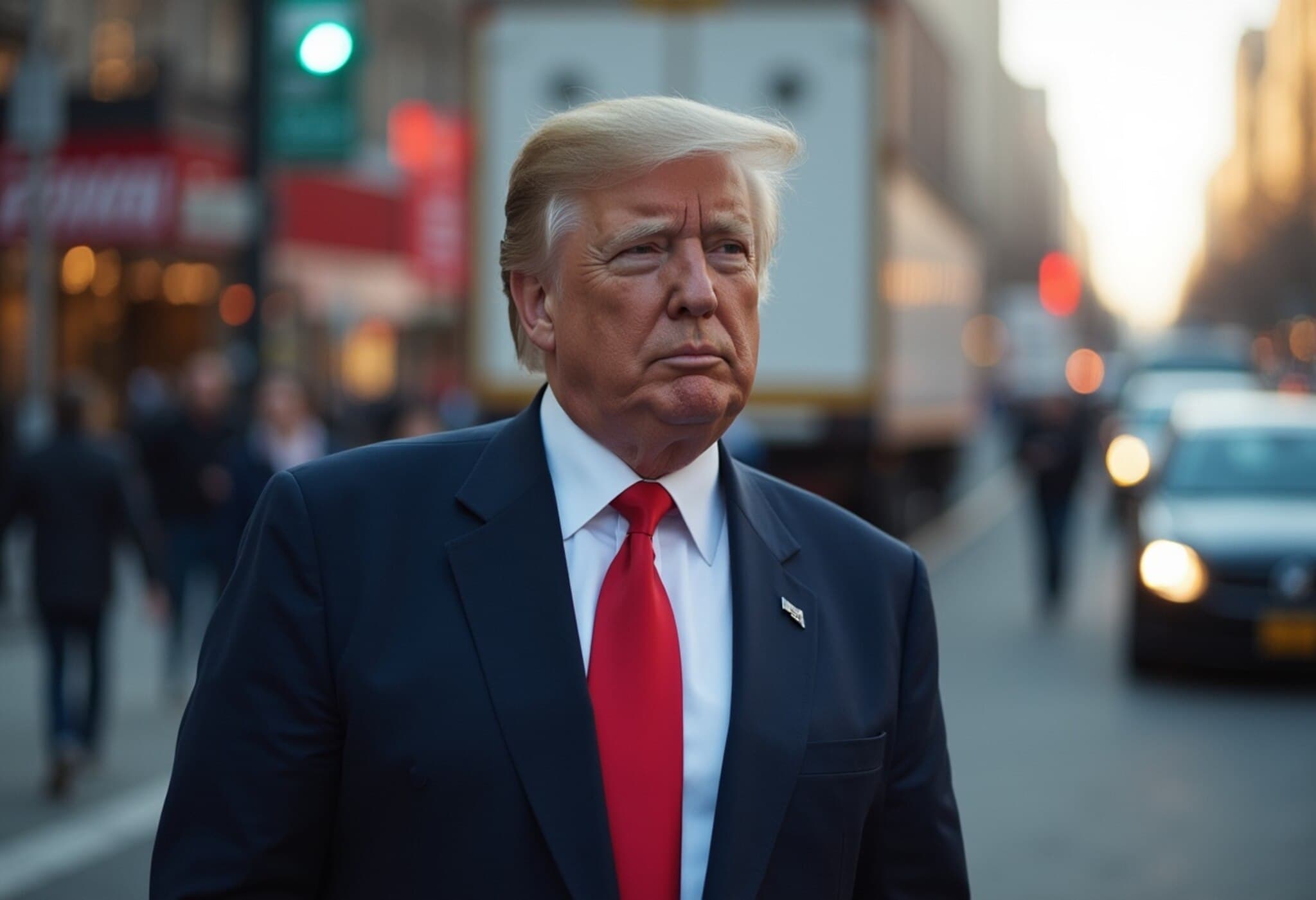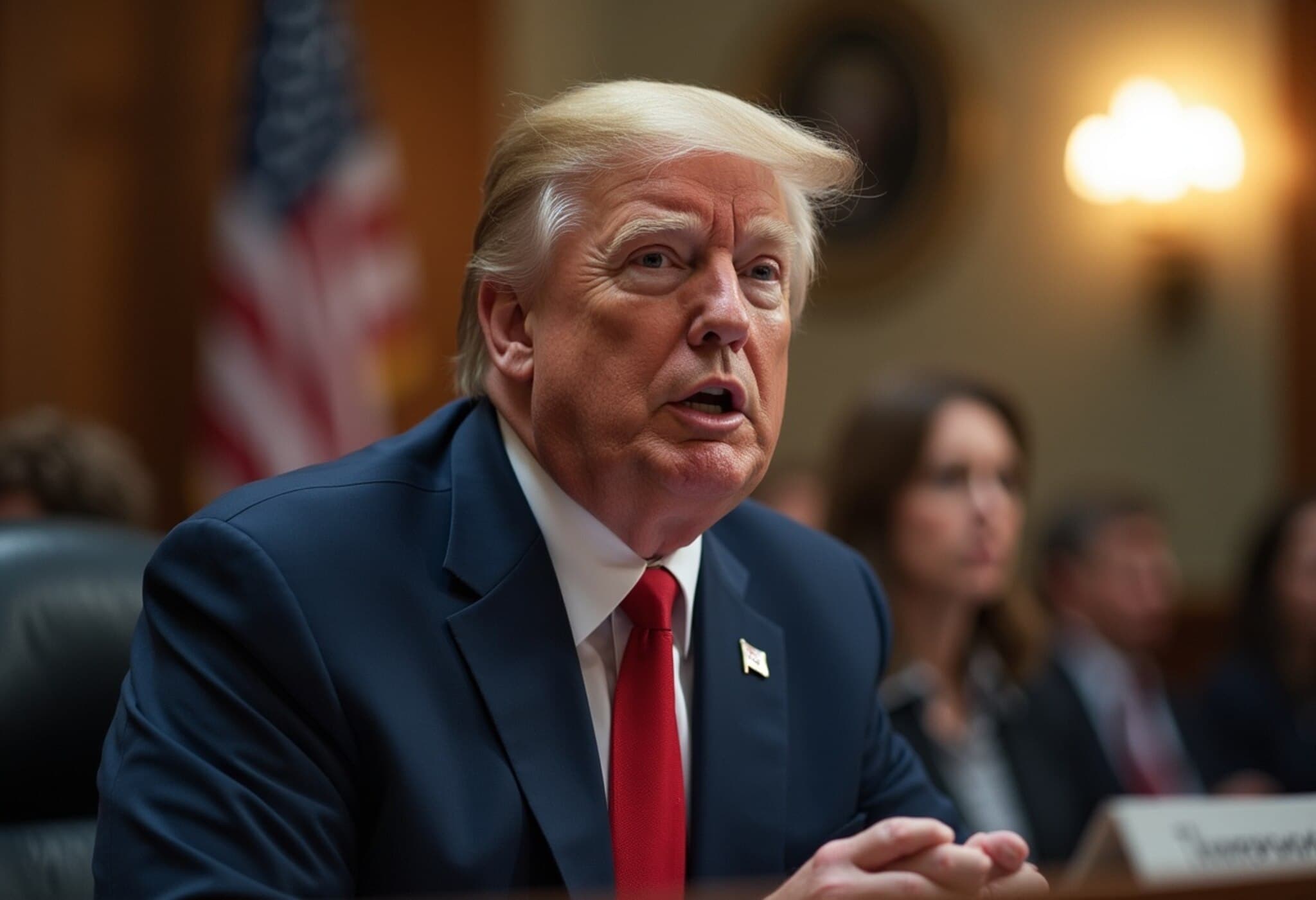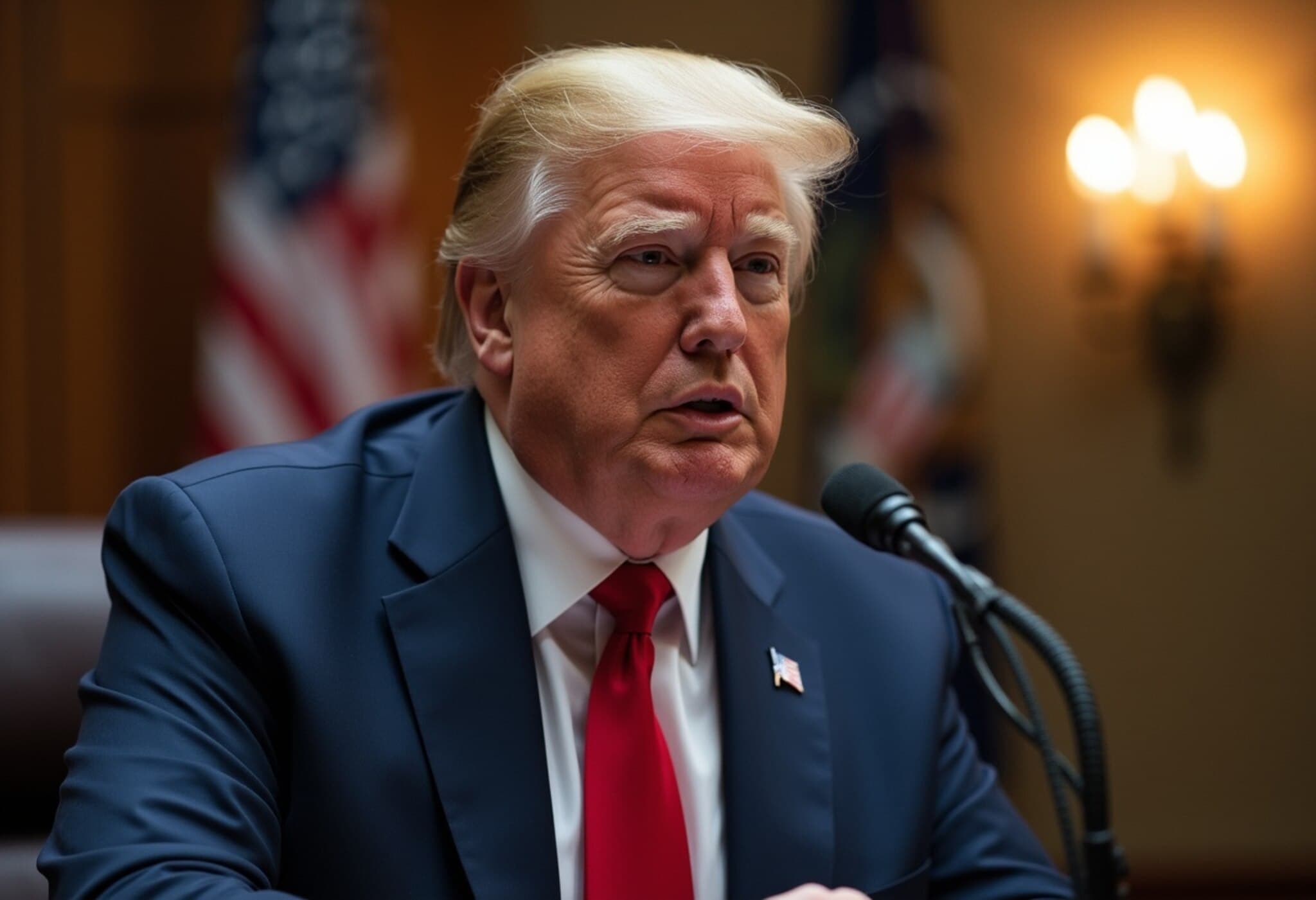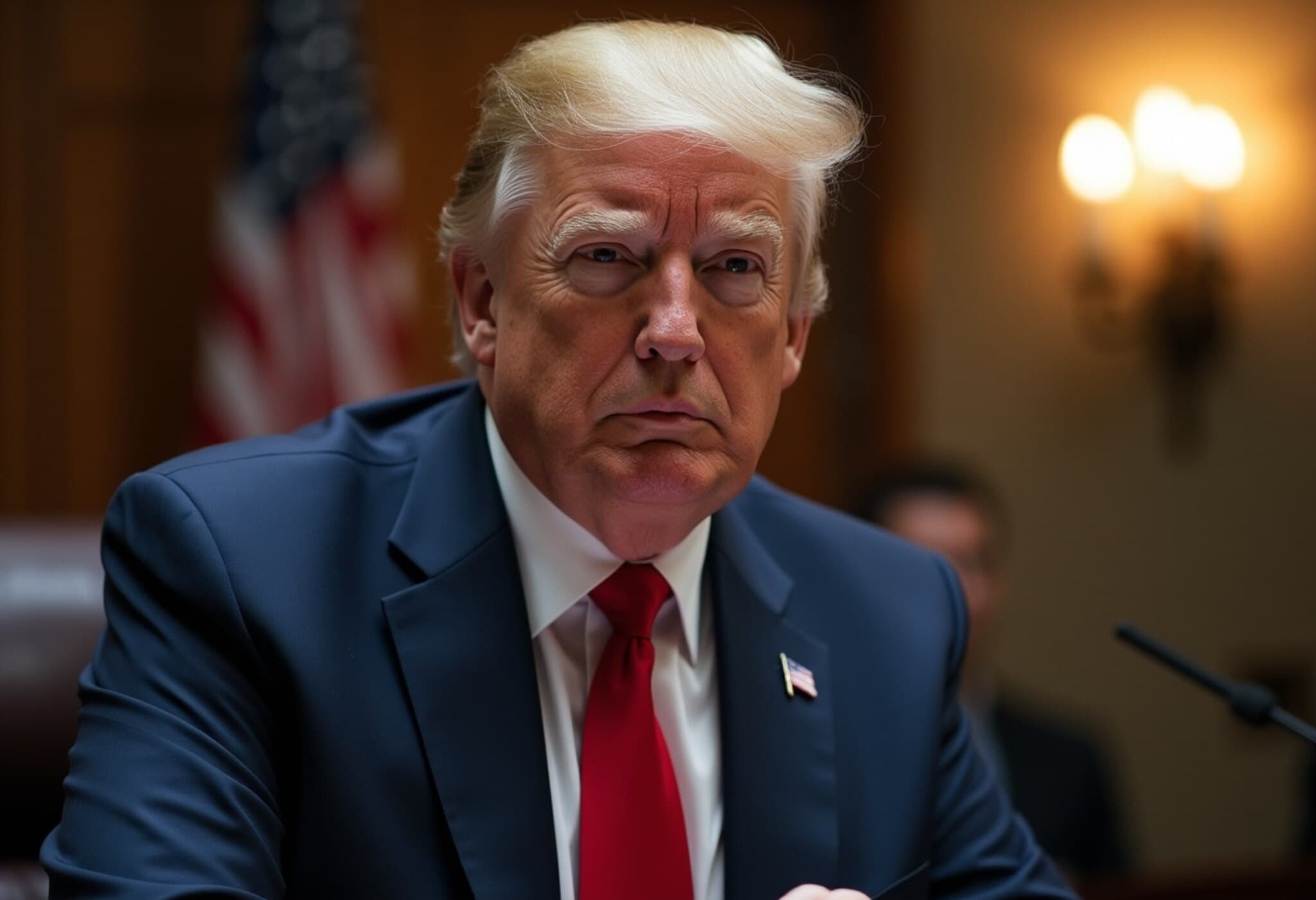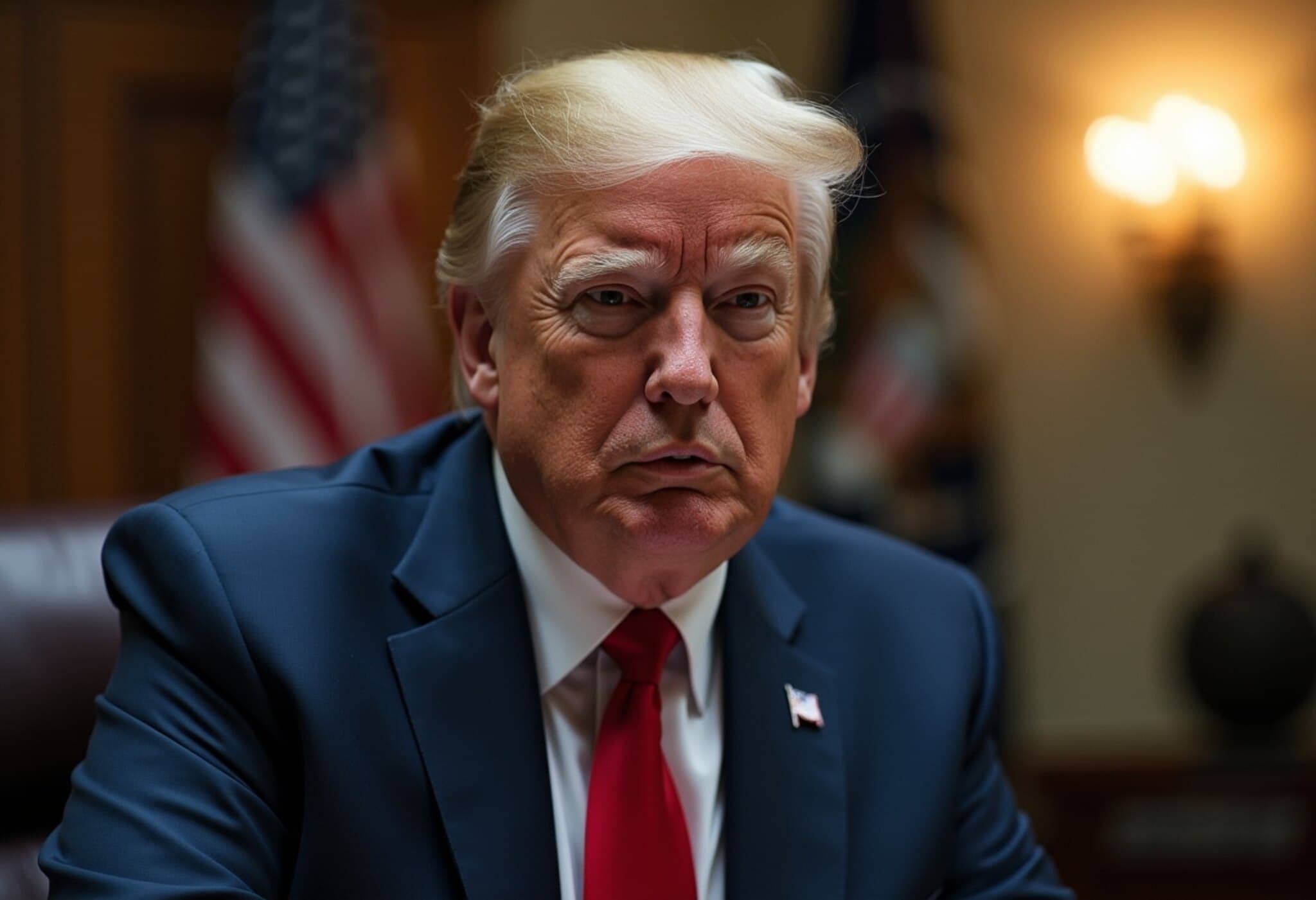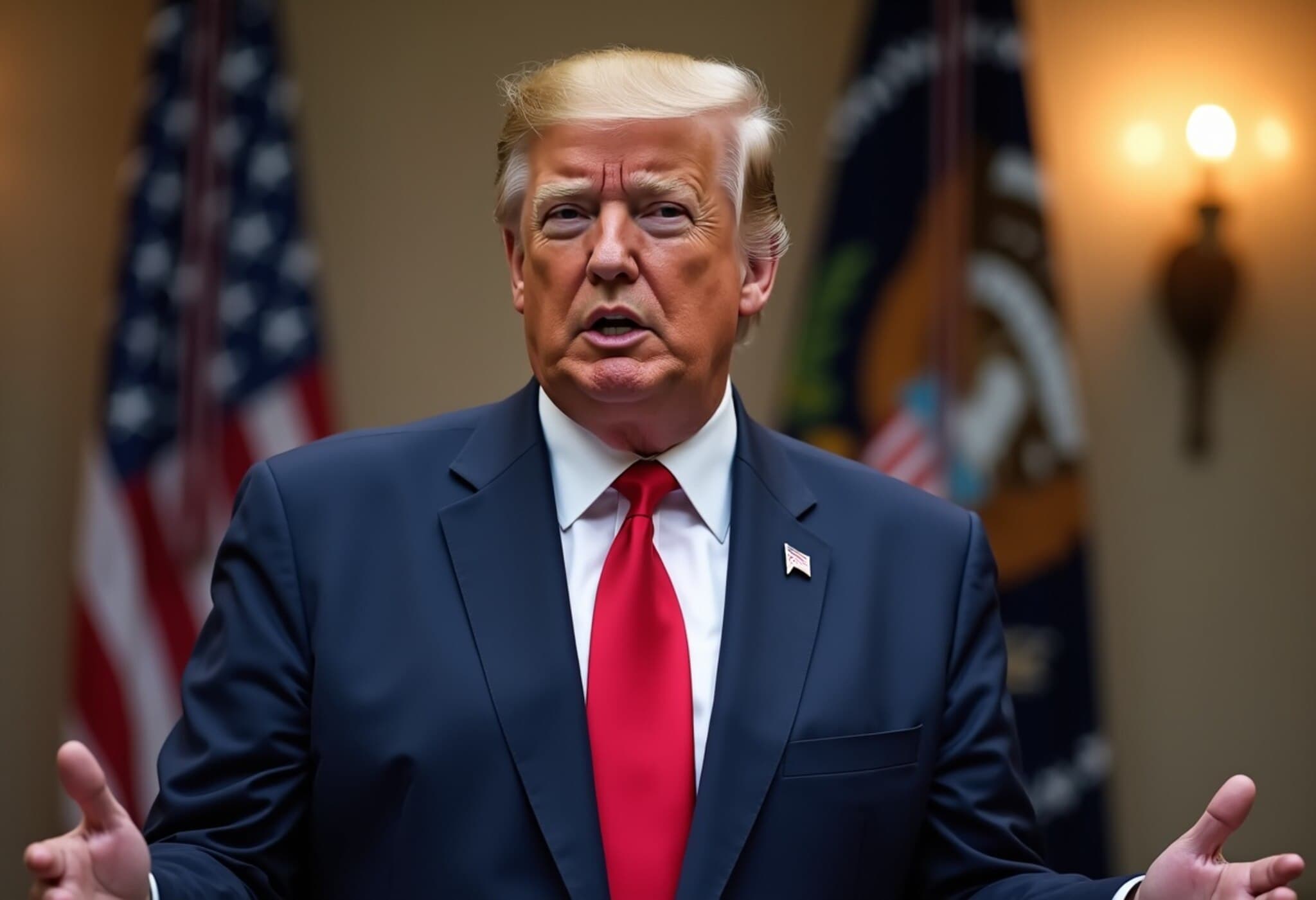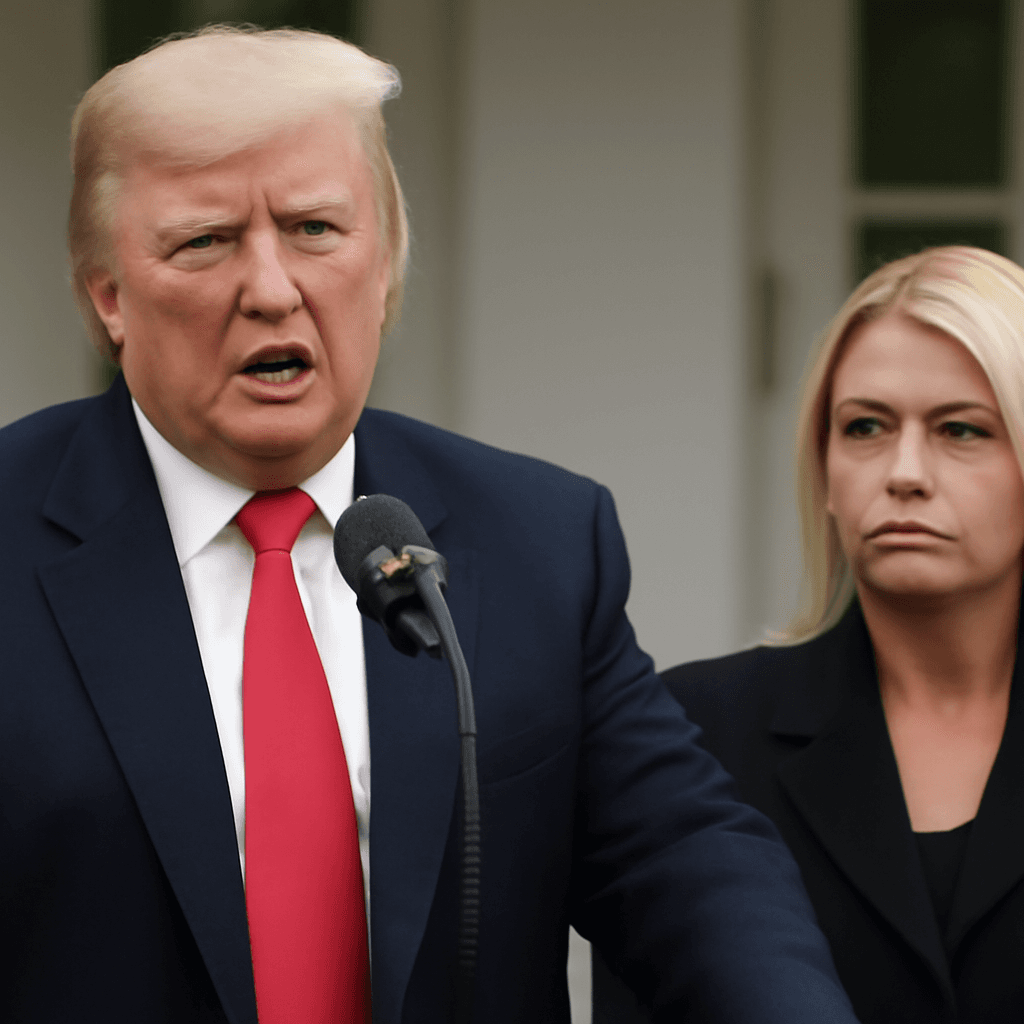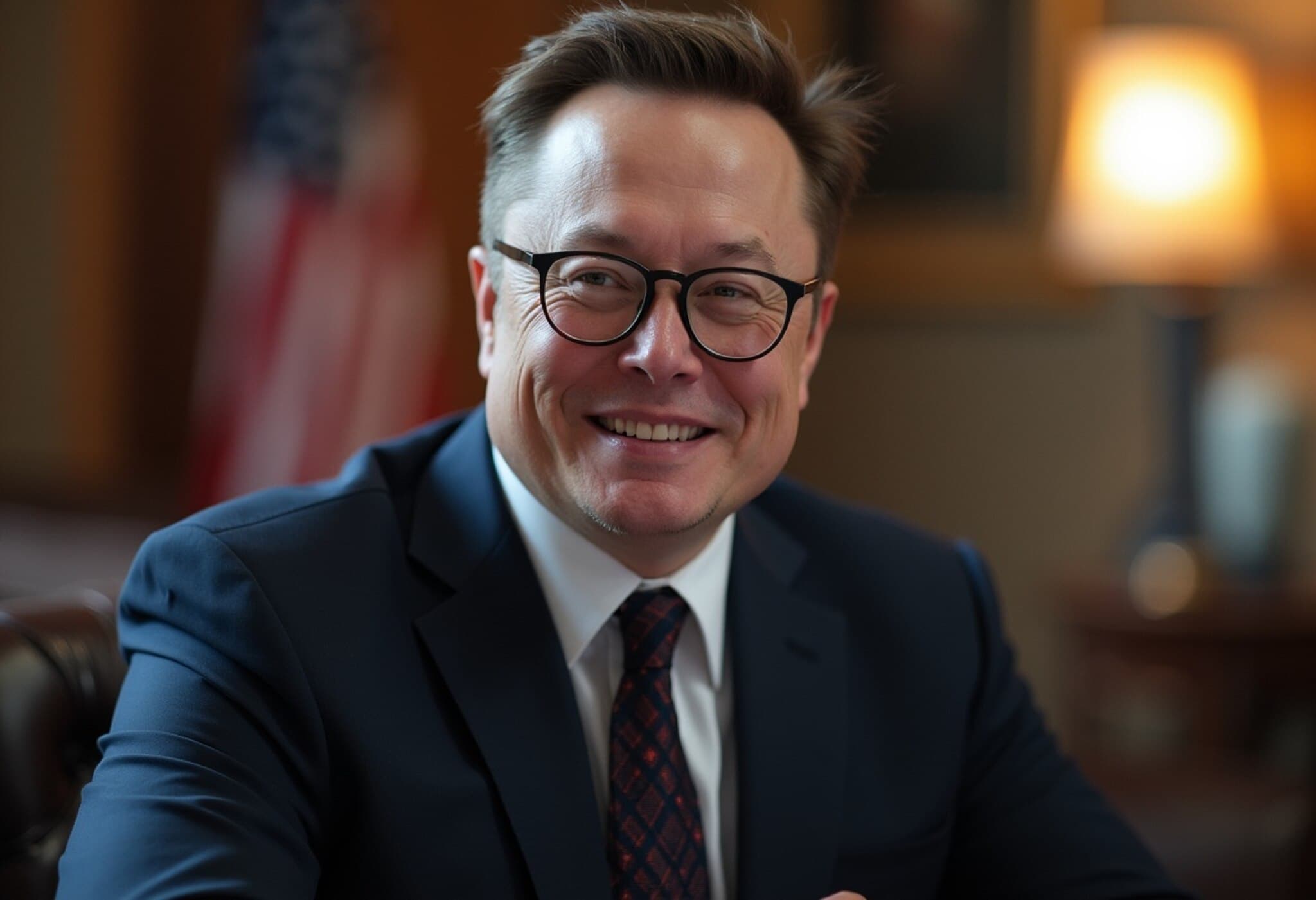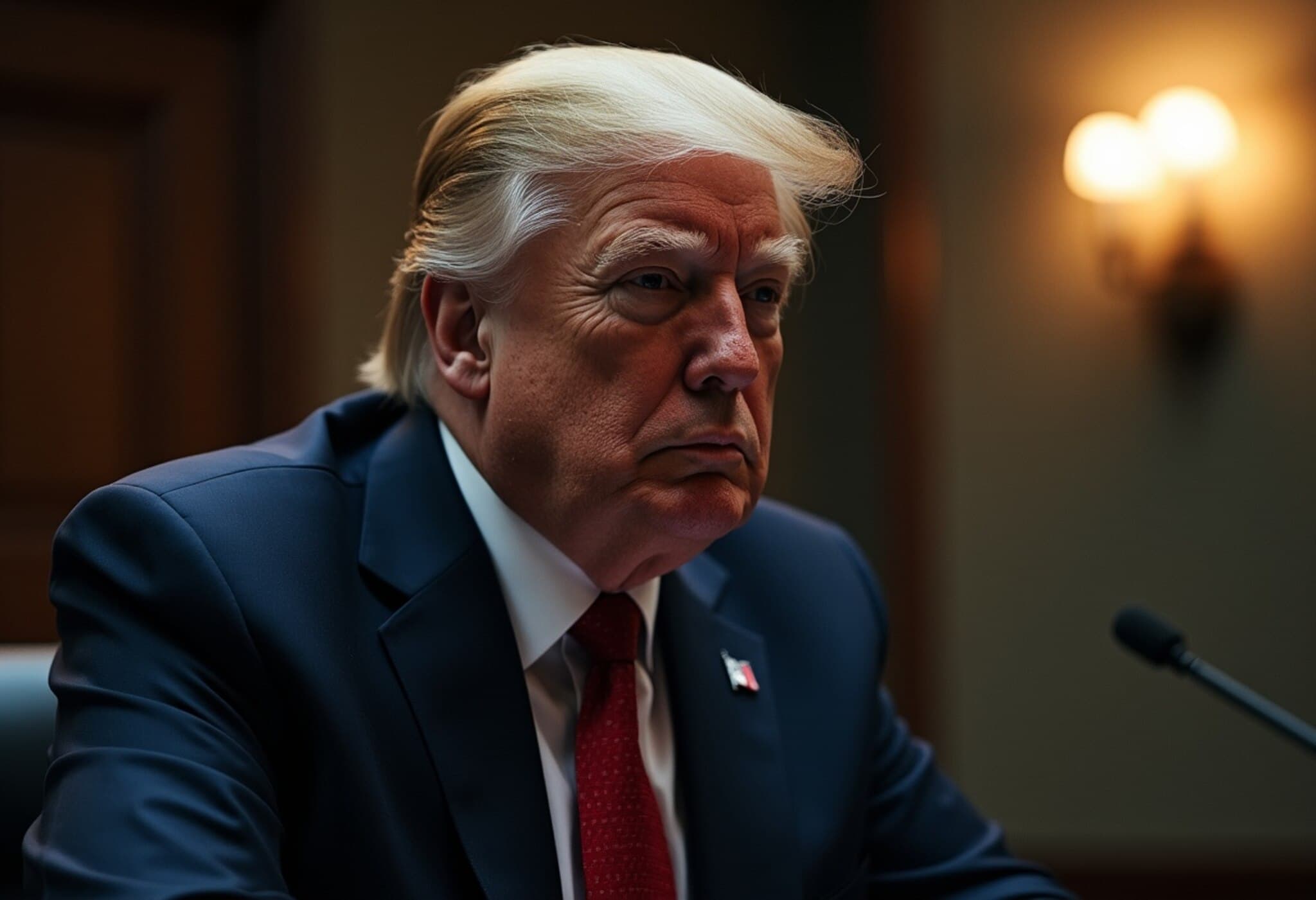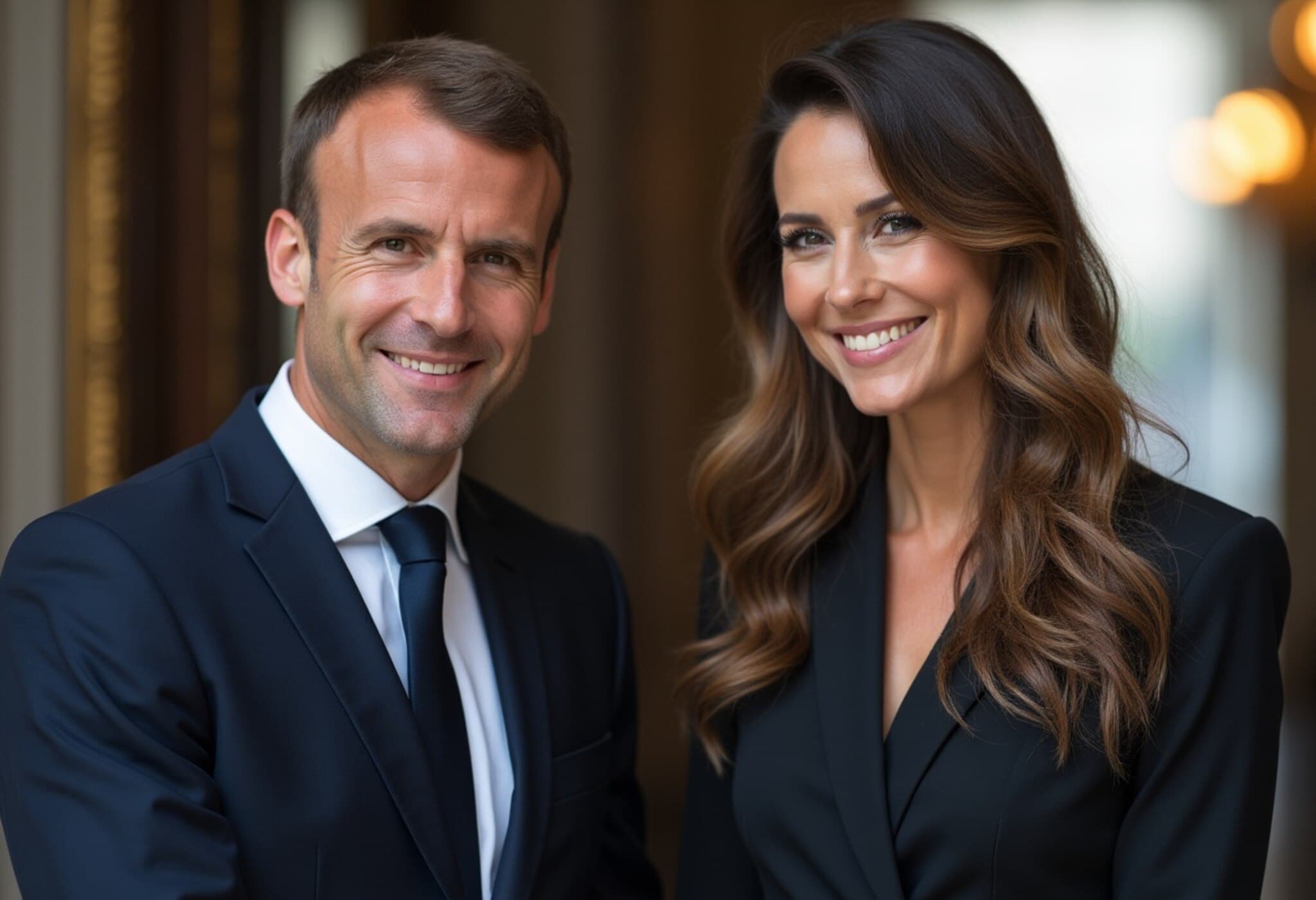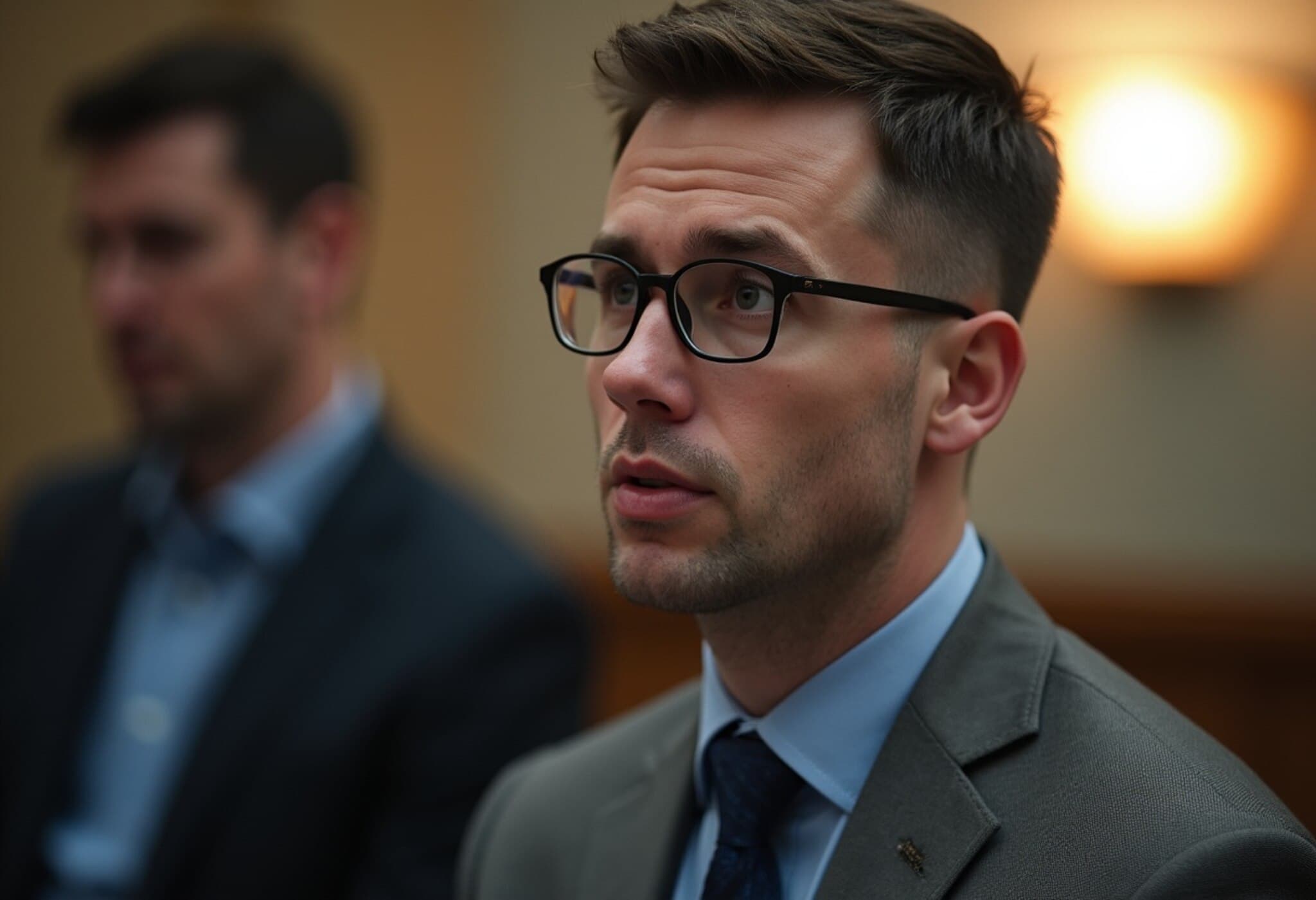Judge Denies Trump Administration Request to Reveal Epstein Grand Jury Transcripts
In a significant legal decision on July 23, 2025, a federal judge in Florida rejected a petition by the Trump administration seeking to unseal grand jury transcripts from criminal investigations into Jeffrey Epstein, the notorious sex offender, during the mid-2000s.
Background: Epstein’s Controversial Legal History
Jeffrey Epstein’s criminal activities came under federal scrutiny in multiple jurisdictions, including Florida and New York. Although Epstein never faced federal charges in Florida during the 2005 and 2007 grand jury probes, he pleaded guilty to state charges involving procuring a minor for prostitution. This plea bargain notably shielded him from federal prosecution at the time—a deal that sparked significant public outrage for its perceived leniency.
Details of the Court Ruling
U.S. District Judge Robin Rosenberg ruled that the court lacked the legal authority to unseal these Florida grand jury transcripts, citing precedent established by the 11th U.S. Circuit Court of Appeals. This ruling hinges on federal criminal procedure rules that tightly restrict access to grand jury proceedings to preserve their confidentiality.
Notably, the Department of Justice argued the usual justifications for grand jury secrecy no longer apply following Epstein’s death in 2019 and emphasized the strong public interest in transparency regarding this historic case. However, Rosenberg noted that under 11th Circuit law—which governs federal courts in Florida, Alabama, and Georgia—the court cannot grant such a request unless specific procedural exceptions are met.
Rosenberg wrote, “Eleventh Circuit law does not permit this Court to grant the Government's request; the Court's hands are tied—a point the Government concedes.”
Jurisdictional Complexities and Broader Implications
The case underscores a broader legal tension between different federal appellate circuits. Two other grand jury investigations into Epstein and his associate Ghislaine Maxwell took place in New York, inside the jurisdiction of the 2nd U.S. Circuit Court of Appeals. This circuit permits broader access to grand jury records based on public interest grounds.
The DOJ had asked to transfer the Florida case to Manhattan federal court, hoping to leverage the 2nd Circuit’s more permissive stance. Judge Rosenberg declined this request, insisting the DOJ had not met the strict standards necessary for venue transfer.
These jurisdictional disputes highlight the patchwork nature of federal grand jury secrecy laws, raising critical questions about public transparency in high-profile cases, especially those with wide-reaching social and political ramifications.
Political and Social Context
The Trump administration’s intervention in seeking to open these transcripts came amid criticism aimed at then-President Trump and former Florida Attorney General Pam Bondi for perceived reluctance to disclose investigative material related to Epstein. The administration’s push reflected persistent public demand for accountability and openness in cases involving powerful individuals accused of egregious crimes.
However, this legal setback illustrates the hurdles government entities face when navigating procedural safeguards designed to protect grand jury secrecy—safeguards grounded in principles intended to preserve the integrity of criminal investigations but occasionally at odds with public calls for transparency.
What Lies Ahead?
- The decision does not impact ongoing DOJ requests concerning grand jury materials from the New York investigations into Epstein and Maxwell.
- Continued litigation in federal courts may influence future policies on balancing grand jury secrecy with public access, especially in cases involving significant public interest.
- Legal scholars and advocates remain divided on how transparency can coexist with judicial procedural protections, suggesting this debate will continue in both courtrooms and public forums.
Editor’s Note
This ruling exposes a complex intersection of law, politics, and public expectation—illuminating how procedural rules can both protect and, at times, obscure justice. It prompts a larger conversation about the balance between grand jury secrecy and the public’s right to know, particularly in cases that resonate deeply with societal concerns about abuse of power and systemic justice failures.
As the Epstein saga continues to unfold in various courts, the outcome of these legal battles will shape transparency standards and impact how future high-profile investigations are conducted and disclosed in the United States.

